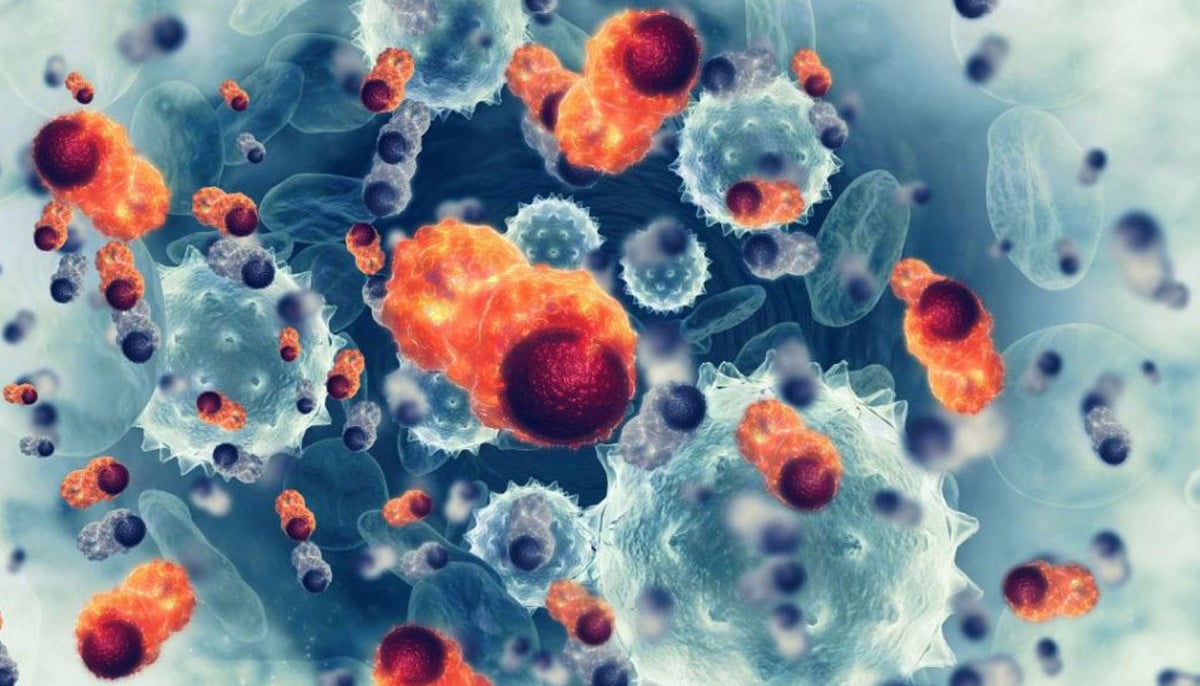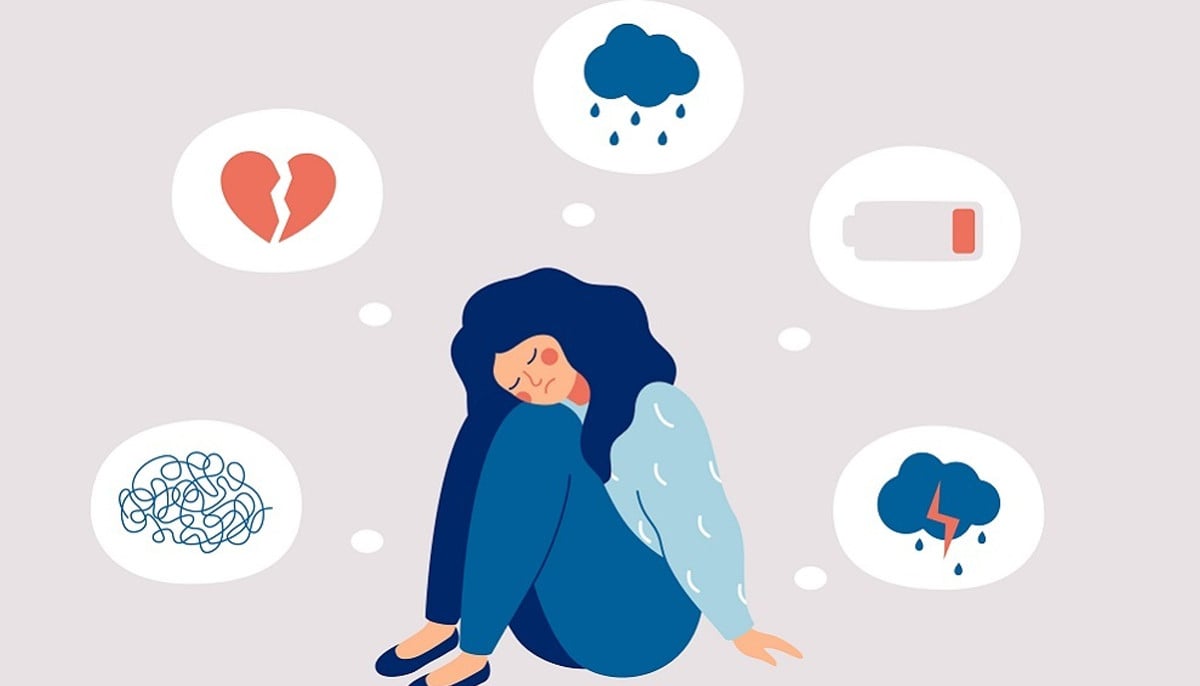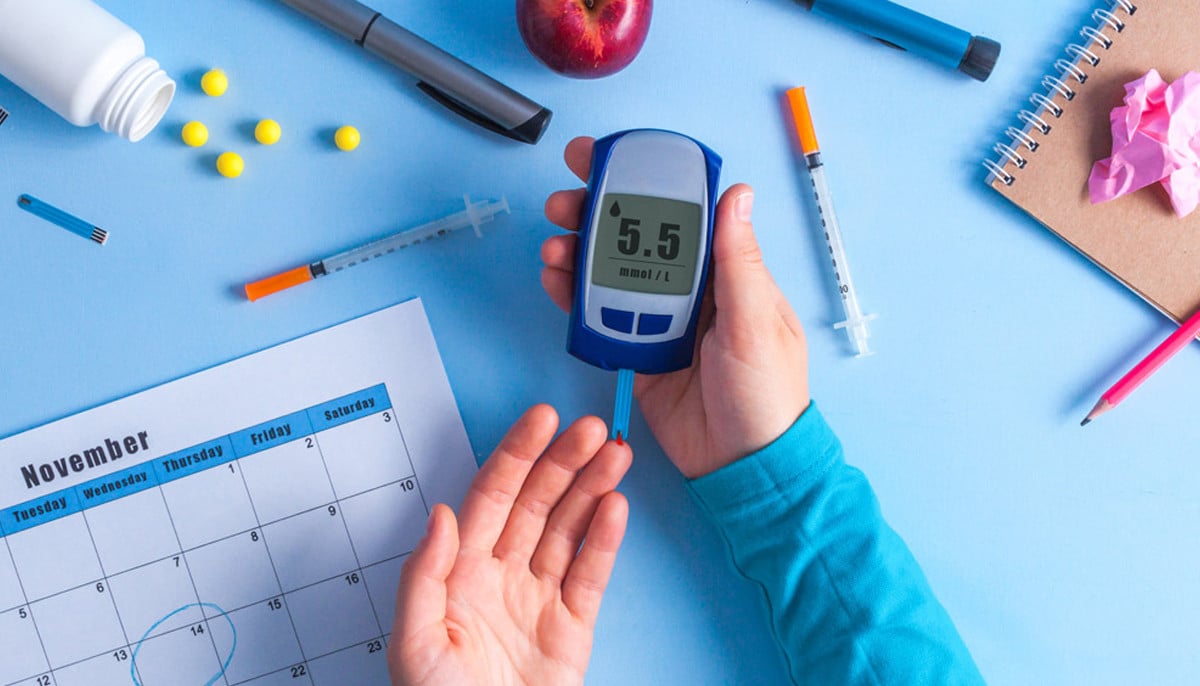'Child mental development can be improved with cash-assistance programmes'
Previous research has also highlighted link between poor brain development of children with low income
A new study has suggested that with the help of generous anti-poverty programmes, the mental development void between the children of rich and poor households may be narrowed down, reported USA Today.
The study published in the journal Nature Communication used the data of 10,000 children from 9 to 11 years across 17 states.
The study examined the link between cash assistance initiatives and the hippocampal volume of children living in high- and low-income houses.
The hippocampus plays a central role in memory, emotion, and learning. Cognitive problems are like with the lower volume of this part of the brain or its smaller size.
Researchers revealed that children who belong to low-income households in an area of high living cost had less hippocampal volume and more symptoms of mental health, such as anxiety and depression.
However, the gap was narrowed by more than a third when cash assistance was provided to low-income households in high-cost states. by more than a third.
The study also found that "mental health disparities were reduced by almost half — 48% — and similarly, in states with Medicaid expansion, the disparity narrowed by 43%. The team found similar results in states with the lowest cost of living.”
Authors of the study, which was supported by the National Institute on Drug Abuse at the National Institutes of Health wrote: "Structural policy interventions may be an effective strategy for reducing these disparities."
Previous research has also highlighted the link between the poor brain development of children with low income.
The study based on the findings underlines the importance of social safety policies and programmes that can support healthy brain development and well-being in children, experts noted.
Neurobiologist Gayathri Dowling said that "it really points to interventions that can change the course of the youth's life."
Dowling who is also a director of the Adolescent Brain Cognitive Development (ABCD) study said: "We know that kids' brains continue to develop over time. And so, if we can identify mechanisms to provide the assistance to relieve the family conflicts, and the stressors associated with low income, then we can really help kids change that trajectory."
"The ABCD study was designed to understand the many factors that influence cognitive, social, and emotional development during adolescence," added Dowling.
The goal, Dowling said, was to provide "actionable, evidence-based information to parents, physicians, educators, policymakers, to improve youth health."
"It shows that when parents and caregivers have the resources to provide for their kids, the impact on their children's health can be profound and that the strong social safety net goes a long way toward helping families afford the basic needs, like going to the doctor or buying food and paying their rent," Morita, executive vice president of the Robert Wood Johnson Foundation, told USA Today.
Valarie Blue Bird Jernigan, a researcher on food systems and Indigenous communities at Oklahoma State University, said: "Nutrition and healthy food consumption in these early ages just sets up a person's lifelong health risks. It's very hard to reverse that the longer that a person stays in these situations."
-
Anti-inflammatory teas to keep your gut balanced
-
Emma Stone reveals she is ‘too afraid’ of her ‘own mental health’
-
5 simple rules to follow for smooth, healthy hair
-
Expert discusses 'complications' of measles outbreak
-
Are statins safe to use? New study debunks long-feared side effects
-
New research busts major PTSD myth
-
Shocking gender link in autism comes to light
-
Same name, different disease: A guide to type 1 and type 2 diabetes












